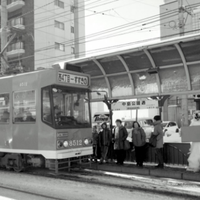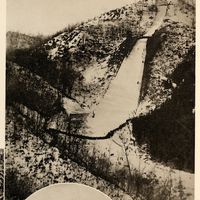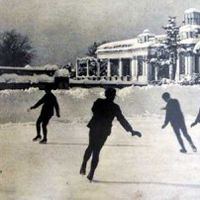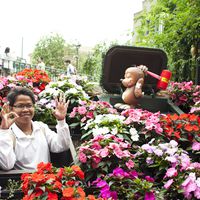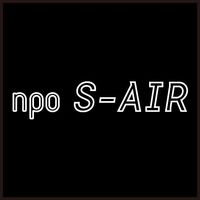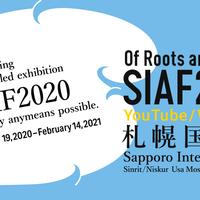Sapporo Tenjinyama Art Studio - residency 2020 open call
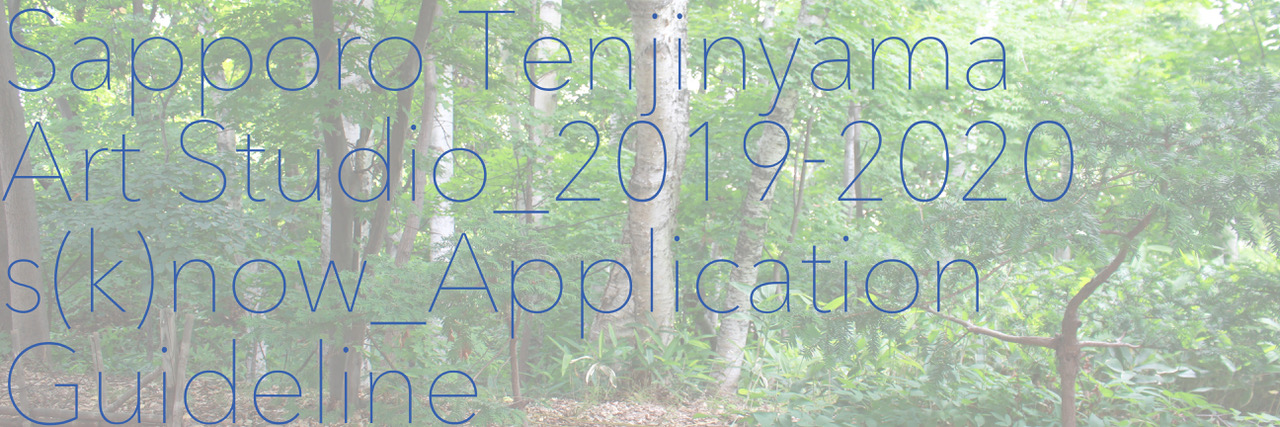
Sapporo Tenjinyama Art Studio is organizing international open call Artists in Residence project “s(k)now” with the project keywords: Winter, Snow, and the Subarctic. The residency is in Sapporo, Hokkaido in Northern Japan and is held in winter season 2020.
All applicants go to the selection process, after the result of it we are going to invite one artist (one group of artists) into “Exhibition Program” and “Artist-in-School Program” for each. In their encounters with culture in Sapporo and Hokkaido as well as exchange with locals, artists are invited to develop and explore their ideas through work based on the project keywords Winter, Snow, and the Subarctic. We will assist participants in mastering a plan, research and production during the residency. In this year, we are organizing Exhibition Program, Artist-in-School Program and Exchange Program with Kwangju, Republic of Korea and Taidong, Taiwan within 2019-2020 s(k)now project supported by Agency for Cultural Affairs Government of Japan, we are expecting incidental encounters among those artists. We look forward to receiving enthusiastic applications from artists and creators.
Project Keywords: Winter, Snow, and the Subarctic
Sapporo is one of the world’s more unique cities of its size, as its 2 million residents live in cold, snowy conditions for a good portion of the year. In Sapporo City Hall one finds a snow safety station, which symbolizes the central importance of snowy life in this urban city. Urbanization was driven by the Sapporo Winter Olympics in 1972. Developments include remarkable snow removal operations, road heating, underground passages and transportation infrastructure; winter entertainment includes sports and snow festivals, as well as daily routines in society. Over time, these winter features grew in importance. Experience generated diverse forms of knowledge and creative activity to energize the city, which appears to coexist with nature.
When you look at Sapporo and Hokkaido within the context of Japan, this area deep in the north boasts a very special natural environment, lifestyle and history. At the same time, when you look at the place without emphasizing national borders, geographically this area belongs to the subarctic region of the globe. In this context, the life of people in Sapporo and Hokkaido are the southern reaches of a long line of subarctic culture.
For the Artists in Residence 2019-2020 s(k)now of Sapporo Tenjinyama Art Studio, we hope two invited artists to transform their ideas/project proposals on the keywords: Snow, Winter, and the Subarctic into the actual projects. Together with the creative minds of artists, together with process of those artists’ activities and the result of stay, we want to encourage a great experiment toward seeing beyond boundaries.
1) Exhibition Program
Number of artists: 1 (people or groups)
Create an exhibition presenting the research they conducted over the 60-day residency period.
2) Artist-in-School program
Number of artists: 1 (person or a group)
Participate in the Artist-in-School program operating within Japanese elementary schools. Participants are required to use a classroom as a studio for 2 weeks to create a project. By the end of the residency program, artists will provide a final presentation (in any format).
Deadline: Sunday, September 8, 2019 (closed at 23:59 Japan Standard Time)
Applicants must:
1) Be non-Japanese, additionally be non-citizen in Japan
2) Be able to speak and understand either English or Japanese in order to communicate with staff, other artists and the local community.
3) Be able to participate in the full residency program over the 60-day period.
4) Be able to understand and follow the objective of the AIR program, and conduct their activities autonomously during their stay.
5) Have experience in or demonstrate a strong interest in the field of media arts.
6) Have graduated from university (minimum level: bachelor).
7) Preferably, not have previously participated in an AIR program in Japan.
8) Be able to follow the regulations of the facility.
Similar content
deadline
14 Nov 2016
deadline
27 Nov 2015
deadline
14 Dec 2014
deadline
13 May 2013
posted on
06 Sep 2010
from - to
19 Dec 2020 - 14 Feb 2021

